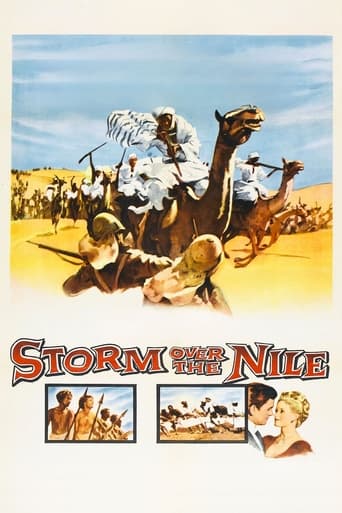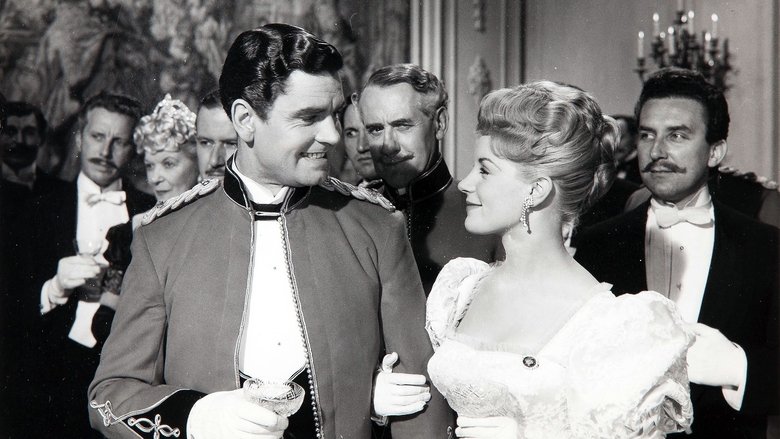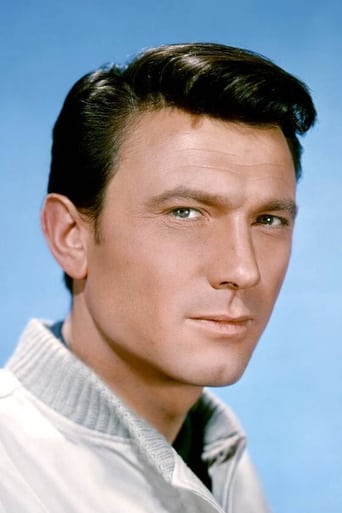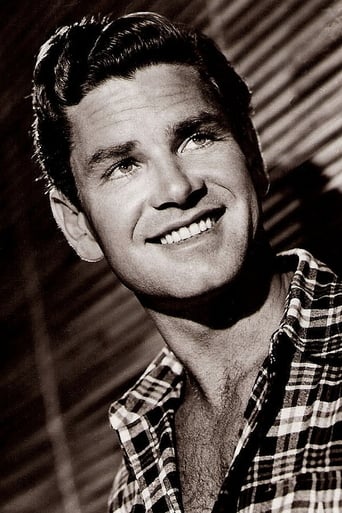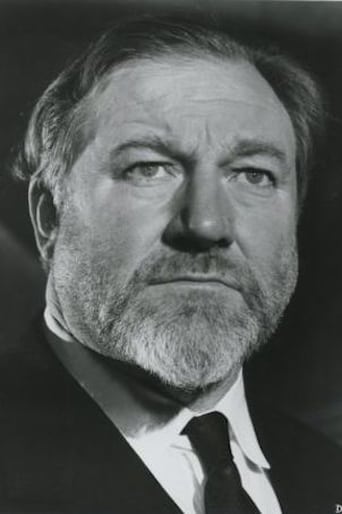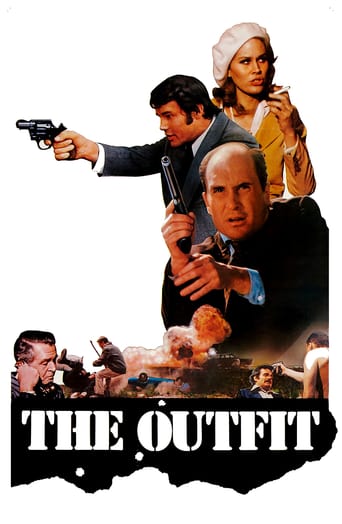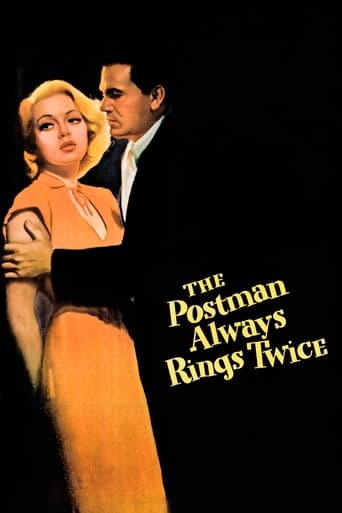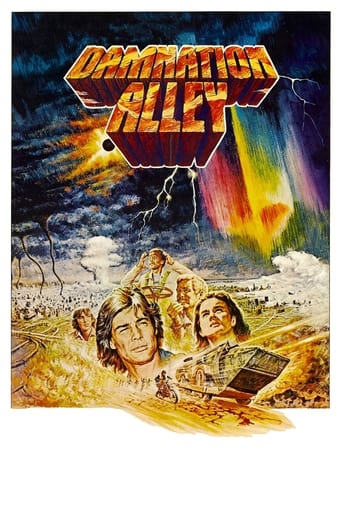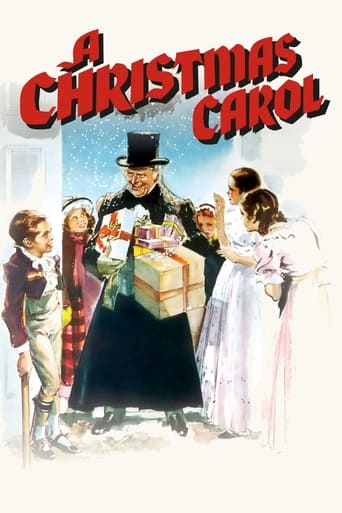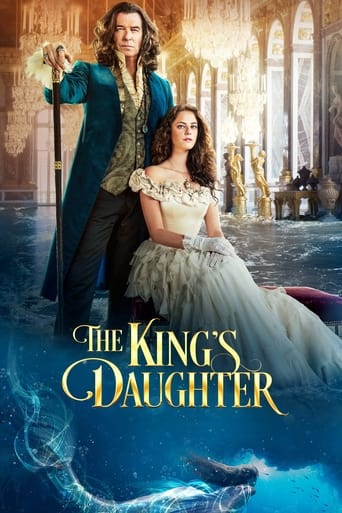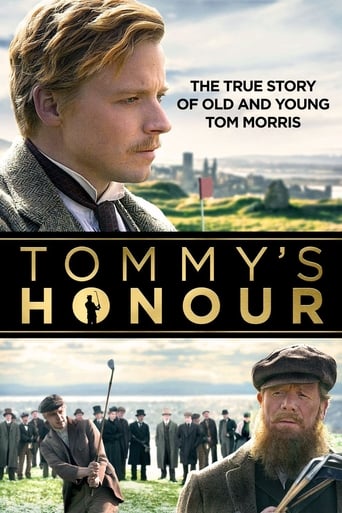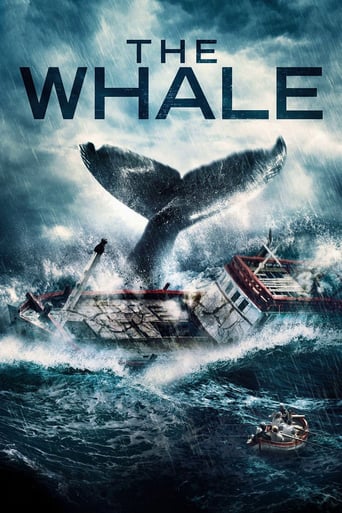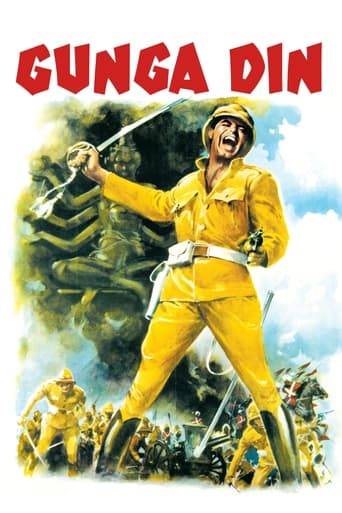Storm Over the Nile (1956)
In 1885, while his regiment is sent to the Sudan to battle the rebellious Dervish tribes, British Lieutenant Harry Faversham resigns his officer's commission in order to remain with his fiancée Mary Burroughs in England. His friends and fellow officers John Durrance, Peter Burroughs and Tom Willoughby brand him a coward and present him with the white feathers of cowardice. His fiancée, Mary, adds a fourth feather and breaks off their engagement. However, former Lieutenant Faversham decides to regain his honor by fighting in the Sudan incognito.
Watch Trailer
Free Trial Channels
Cast


Similar titles
Reviews
It's hard to see any effort in the film. There's no comedy to speak of, no real drama and, worst of all.
I think this is a new genre that they're all sort of working their way through it and haven't got all the kinks worked out yet but it's a genre that works for me.
Ok... Let's be honest. It cannot be the best movie but is quite enjoyable. The movie has the potential to develop a great plot for future movies
This is a gorgeous movie made by a gorgeous spirit.
It's impossible to make a bad film out of this story, and that is one of the reasons it has been filmed so many times. Since each version is good in its own way, it's also interesting to compare them with each other. The 1939 version is still the most spectacular and impressing but also the most superficial. The Beau Bridges version as Harry Fasversham is the weakest one, but for Robert Powell as Jack Durrance, who is always the most interesting character, and all depends on how he is acted. In this version Durrance is played by Laurence Harvey, who is always unmatchable. He is therefore the main attraction here, and he certainly makes the whole film interesting, no matter what advantages to it you find in the other versions. Here you also find a deeper pathos than in the other versions, and the scenery from the Nile transcends all the others.The most interesting detail is the conscience issue. Harry Faversham turns a conscientious objector (20 years before the first world war) and gets labelled as a coward by his soldier friends. He feels they are right in their way and that he has to prove them wrong, whereupon he sets out on the most impossible thinkable enterprise, masking himself as a mute Arab slave to reach his friends in the Sudan to save their lives from certain death when necessary. But he can't save Durrance from his blindness.His only friend at home, Dr. Sutton (Geoffrey Keen) plays an important role here and makes a memorable character. All the finest and most sensitive scenes are with him and Laurence Harvey. This version also gives the finest music of the four, by Benjamin Frankel. Also Christopher Lee has a small part, and James Robertson Justice adds to the flamboyance.It's a remake of the 1939 version but better, but the best version is the so far latest one: the Shekhar Kapur version of 2002 with Heath Ledger, and Wes Bentley as Jack Durrance.
This is a review of "Storm over the Nile" (1955), "Khartoum" (1966) and "The Four Feathers" (2002), three films based on British actions during the Mahdist War (1881-1899).The 19th century saw colonial powers scrambling across Africa. As the British Empire expanded from Southern Africa to the Mediterranean, the Ottomans expanded from Turkey to Northern Africa and the French from West Africa to the Red Sea. All three would converge upon Egypt, which would continually shift hands between the three Empires.Britain eventually emerged victorious, becoming defacto ruler of Egypt in 1882. Egypt would henceforth become a base for further British expansion southward into Sudan. The Sudanese would attempt to fend off these advances. They'd rally behind Muhammad Ahmad, an Islamic messianic or "Mahdist" figure. Muhammad Ahmad was denounced by Sudanese elites, but embraced as a revolutionary leader by marginalised Nilotic tribes.Experts at using divide-and-rule tactics, the British divided Sudan into loosely demarcated northern and southern zones. The north became Muslim and Arab dominated and was integrated with the economic networks along the Nile. The south, steeped in poverty, was treated as an "African zone". A cocktail of Muslim, Christian and tribal groups, the south Sudanese were indoctrinated into thinking themselves culturally/biologically distinct and inferior. Promising independence and even salvation (he claimed to be paving the way for the Second Coming of Jesus Christ), Muhammad Ahmad set out to overturn this. Like the countless Christian messianic figures who sprung up as a result of Roman occupation, and a precursor to contemporary Islamic militants, he was the inevitable product of naked Imperialism.The city of Khartoum straddled northern and southern Sudan. To the North, the British suppressed the slave trade, heavily invested in social, educational and health services, and essentially nurtured a "liberalised" form of Islam. As colonialism recruitment policies favoured educated Arabs, a new socio-economic class was created so as to offer a bulwark against Mahdism and secular nationalism. An ideological bulwark, however, is no match for guns.In 1884, after a three month siege, Khartoum fell to the Mahdists, who stormed the city and executed British governor-general Charles Gordon. The Empire reacted swiftly. British forces under Herbert Kitchener rolled in and slaughtered tens of thousands of Sudanese. By 1898, most Mahdists were crushed. Sudan henceforth became subject to joint Anglo-Egyptian governance.Unsurprisingly, the British set out to exacerbate regional, religious and racial divisions amongst the Sudanese. In 1922, in what became known as the "Southern Policy", the Empire declared that southern Sudan would be considered a "Closed District". Islamic proselytisers were banned, Arabic languages and clothing were discouraged, and Christian missionaries were brought in to convert southerners. Meanwhile, southern Arab merchants were relocated to the north and interactions between the peoples of the north and the south were forbidden. Such segregationist policies were designed to keep the south economically backward and foster divisiveness.Today, little has changed in Sudan. Artificially carved out of a myriad of peoples, with more than 400 ethnic and linguistic groups lumped together within its borders, the country remains ravaged by the divide-and-rule tactics of modern neo-Imperialists. Milking the nation's oil fields and precious metals, the United States, and recently China, have today become expert at funding and arming militias and bloody regimes in both the north and south.Zoltan Korda would produce and co-direct "Storm Over the Nile" in 1955, a film based on "The Four Feathers", a 1902 novel by Alfred Mason. The plot? Refusing to sail with his regiment to the Sudan, Harry Faversham (Anthony Steel), the cowardly scion of a military family, overcomes his disgrace by travelling to Africa. Here he helps his regiment defeat Sudanese forces. As with many Imperialist adventures, the film glorifies queen and country, assumes the rightness of British rule, romanticises colonialism and posits loyalty and responsibility to the ruling classes as the highest ideal. Though stiff and dull in places, the film boasts several impressive action sequences, filmed in expansive Cinemascope.The 1950s/60s saw the release of numerous films which attempted to rejuvenate British nationalism and which were determined to white-wash the realities of colonialism ("Zulu", "North West Frontier", "Khartoum", "55 Days at Peking", "The Black Tent" etc). Supercharged by the civil rights and independence movements of the 1950s-60s, such perspectives were slowly contested ("Gandhi", "Guns at Batasi", "Burn!", "The Man Who Would Be King", "Passage to India" etc), eventually giving rise to the latest adaptation of "The Four Feathers", a 2002 film which was so politically correct as to be ridiculous.Directed by Shekhar Kapur, "The Four Feathers" (2002) tells virtually the same story as "Storm over the Nile". Here actor Heath Ledger plays Harry Faversham, who is no longer a "coward" but a man of conscience who has "ethical objections to colonialism". Harry travels to Sudan, where he befriends and fights alongside Africans and where he teaches us to question nationalism, exceptionalism and pride. Dull and conventionally shot, the film's attempts at "rectifying" its source material are mostly hokey. In some ways it is even more racist than Korda's film, Africans reduced to props, whole cultures reduced to ridiculous musical choices and second-hand "exotic" signifiers.Released in 1966, and directed by Basil Dearden, "Khartoum" stars Charlton Heston as Charles Gordon, a British General sent to Sudan to battle Muhammad Ahmad (Lawrence Olivier). Gordon valiantly defends a fortress in Kartoum, but is eventually overrun.By having its heroes outnumbered, like cowboys surrounded by hordes of manic Indians, "Khartoum" manoeuvres its audience into siding with colonialists. Elsewhere it uses Gordon's demise to criticise political leaders who refuse to rally behind valiant troops. Heston, who spent the decade battling hordes of on-screen "savages", is himself a caricature of British bravery, whilst Ahmad never rises above the level of black-faced bogeyman. Still, "Kartoum" has its merits. Impeccably shot, tense, filled with impressive battles and awesome landscapes, it remains the best of a certain brand of 1950s/60s, pro-Imperialist adventure.5/10 - Worth one viewing.
A lot of critics gave this movie a really hard time. I never read critical reviews until I've seen a film and I must confess that I thoroughly enjoyed this one. Maybe it did use footage from a previous shoot and there were certainly flaws. But all in all, this was a good schoolboy yarn. I liked the lengthy build up to the scenes in Sudan, it really helped set the scene and made you care about the characters. The plot lingered long enough to give the viewer a feel of the longevity of the piece. The plot was well moved along and there was suitable emotion shown. James Robertson Justice so often just barks out his lines and in this movie he....Well, just barked out his lines! A real shame. A small blemish on an otherwise enjoyable movie.
A tepid remake of their spectacular 1939 version, one wonders what the Korda's where thinking. Indeed much of the location footage is recycled directly from the 1939 film including the whole final battle, aside from some closeups of the 1955 actors. Mildly entertaining, but the 1939 version is better, much much better.

